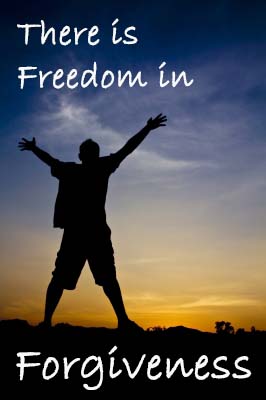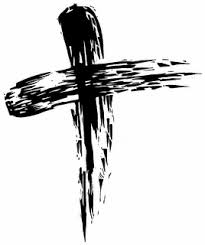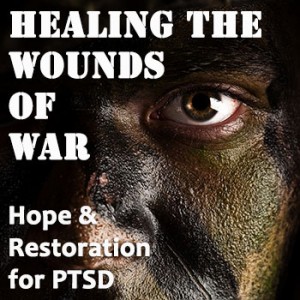Podcast: Play in new window | Download

The concept of forgiveness runs deep at the core of any society. If we cannot find a way to forgive then vengeance is all that will be left in the end. But is it always possible to forgive? Are some actions unforgivable? What does forgiveness look like?
Today we remember the genocide in Rwanda that took place in April 1994. This was 100 days of slaughter. 10,000 people killed per day. In total, over 1,000,000 dead—1/8th the country’s population. Either such destruction will lead to more destruction or forgiveness can lead to healing.
We will hear from some of those involved in the healing and reconciliation process. The topics come from excerpts for the PBS show, “Religion and Ethics Newsweekly” from April 2005. As you listen to today’s podcast and look over the note please feel free to enter the dialoge via the comments section.
Facing reality/the truth:
We were hut specifically, we must forgive specifically. At some point, when we are ready, we have to come to terms with what has happened and the impact it is having in our lives.
“The wounds and the healing is a process that we continue to engage deliberately.”
“To tell people they just can’t cover it up. We need to be able to unearth it and deal with it head on.”
Benefits of forgiveness:
“Forgiving not only benefits the criminal, it benefits me.”
When we forgive we are set free. We also open up an opportunity for the offender to find freedom.
It is a process:
Repentance – Counseling – Forgiveness – Reconciliation. This did not spontaneously happen. And in order for reconciliation to take place the offenders had to “repent”. In this they took responsibility for their actions and committed to living life in a new direction.
Sometime reconciliation is not possible. They offender may not be willing to repent. They may be dead. We may not know who assaulted/hurt us.
As a result we may take it out on the group or kind of people involved in our PTSD. Even if we cannot reconcile with the individual(s) we can reconcile with the gender, ethnicity, or group they represent.
The power of three words:
“You killed my wife and my child. I will not do wrong to you…I forgive you.”
There is such power in saying and hearing the word, “I forgive you.” This man captures the heart of forgiveness when he declares, “I will not do wrong to you.” Forgiveness is not devoid of justices. Rather it is giving up our right to vengeance or us exacting whatever we consider justice.
Bitter:
First bitter, then…remember Christ’s words on the cross.
“He did not wait for the paint to subside. He cried to the Father, ‘forgive them for they know not what they do.’” “The fact that Jesus called from within the pain is a guide and a teaching for us to forgive.”
Willing to repent:
Some offenders may never have a conscience concerning their evil actions. While others seek transformation. Especially during war wrongs are due by otherwise decent people. These “moral injuries” can cause deep pain. This can lead to repentance and transformation. Seeing the offenders ad humans can help us do our part in the forgiveness process.
Many who have done wrong to others suffer from fear, nightmares, guilt, and self-loather. One part of us may say, “Good for them. They deserve it.” Forgiveness would lead such people toward repentance.
It is not magic:
We have to continue to work the process until completion.
Forgiveness and your journey:
Next Week:
We will consider specific steps toward forgiving the deepest of wounds.
Where are you in this process? Do you feel stuck? Are you ready to consider moving forward? If so and you want someone to walk along side you on this difficult part of the journey contact me, david (at) HealingTheWoundsOfWar (dot) com
Full video of Religion and Ethics Newsweekly story on Rwanda Reconciliation
Questions:
Why is forgiveness so hard?




